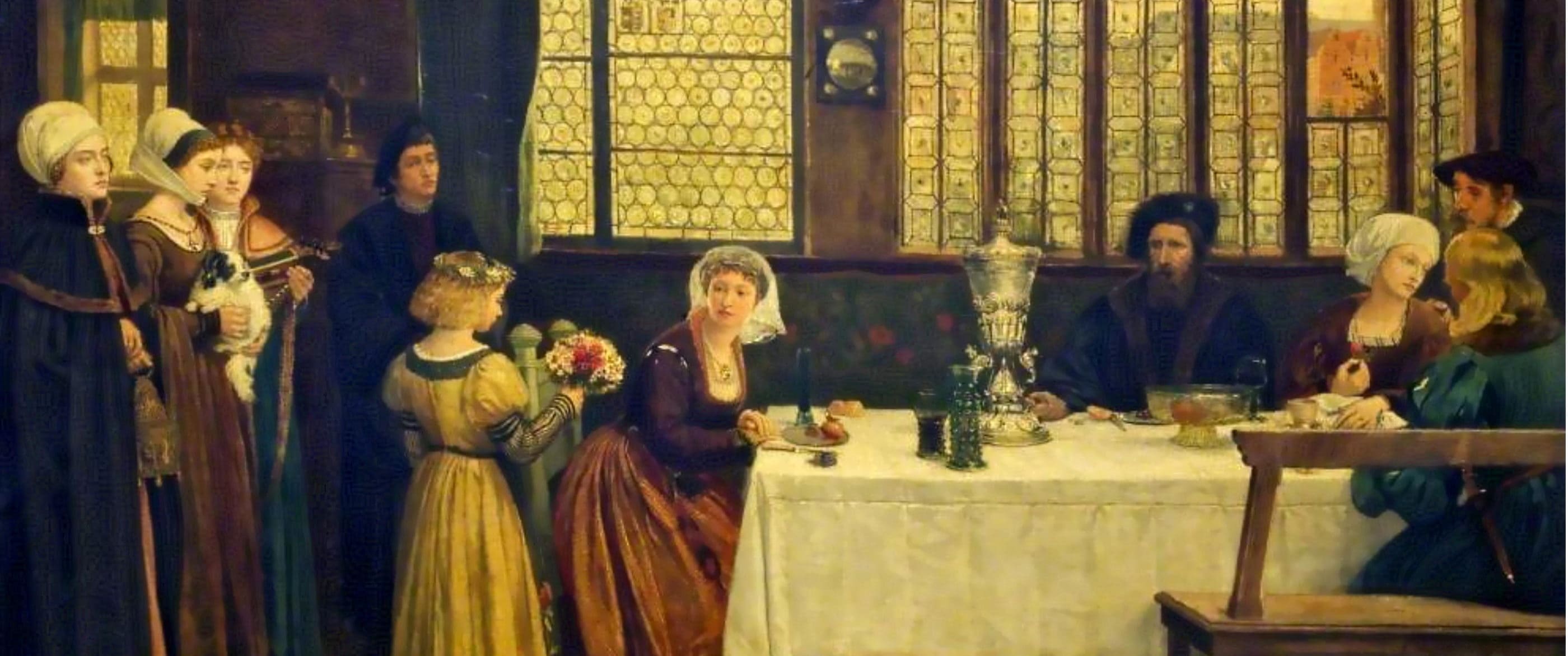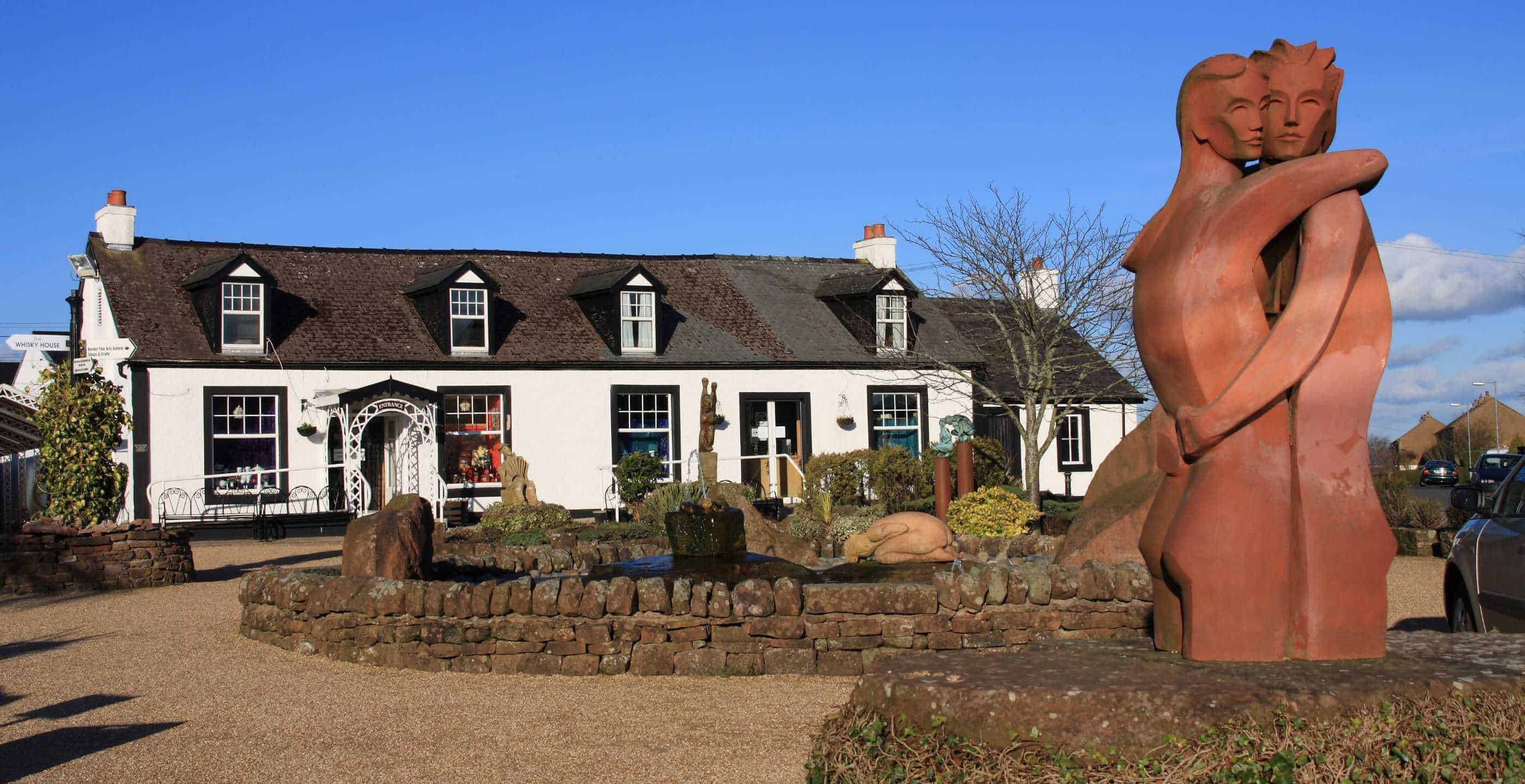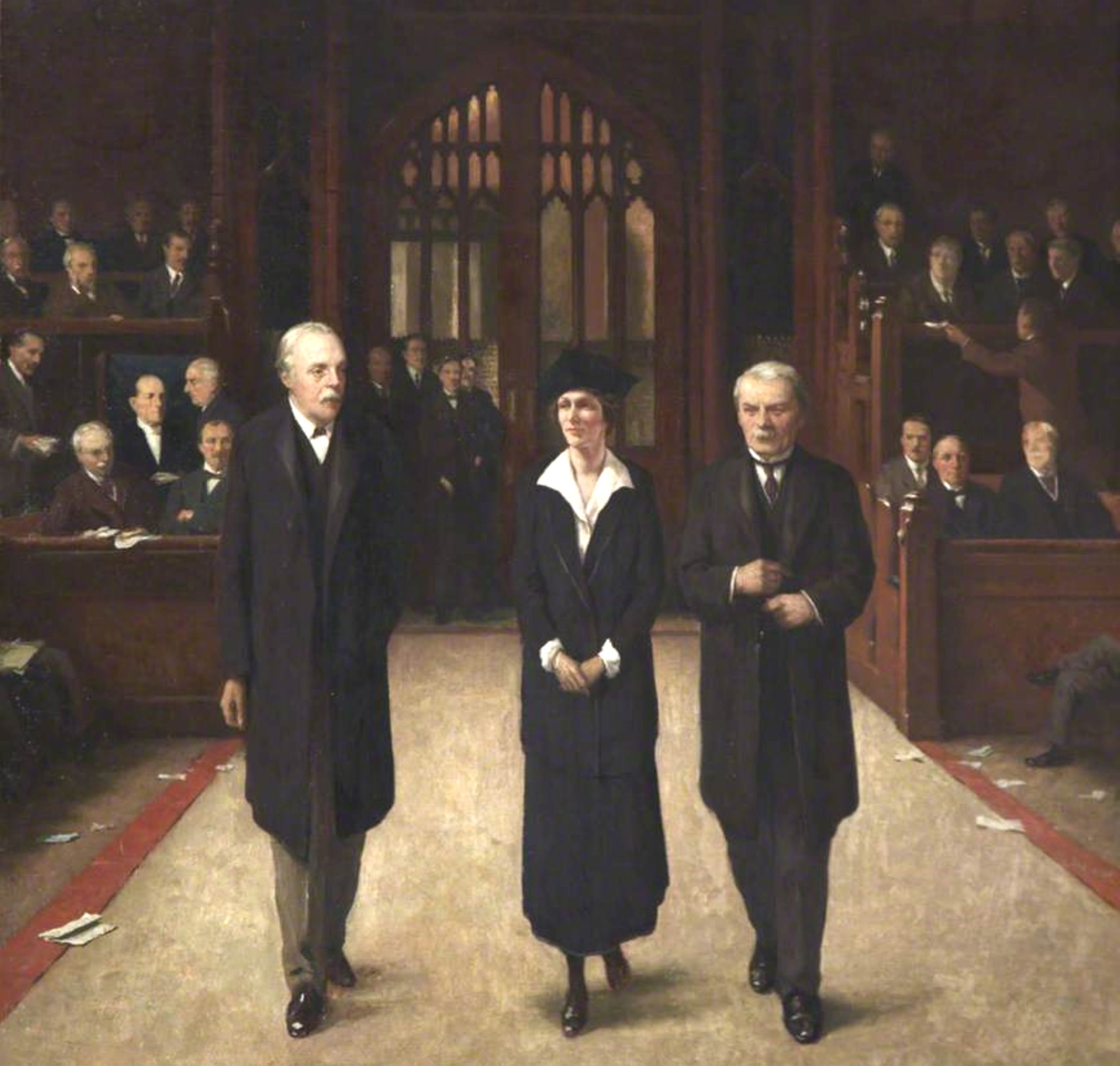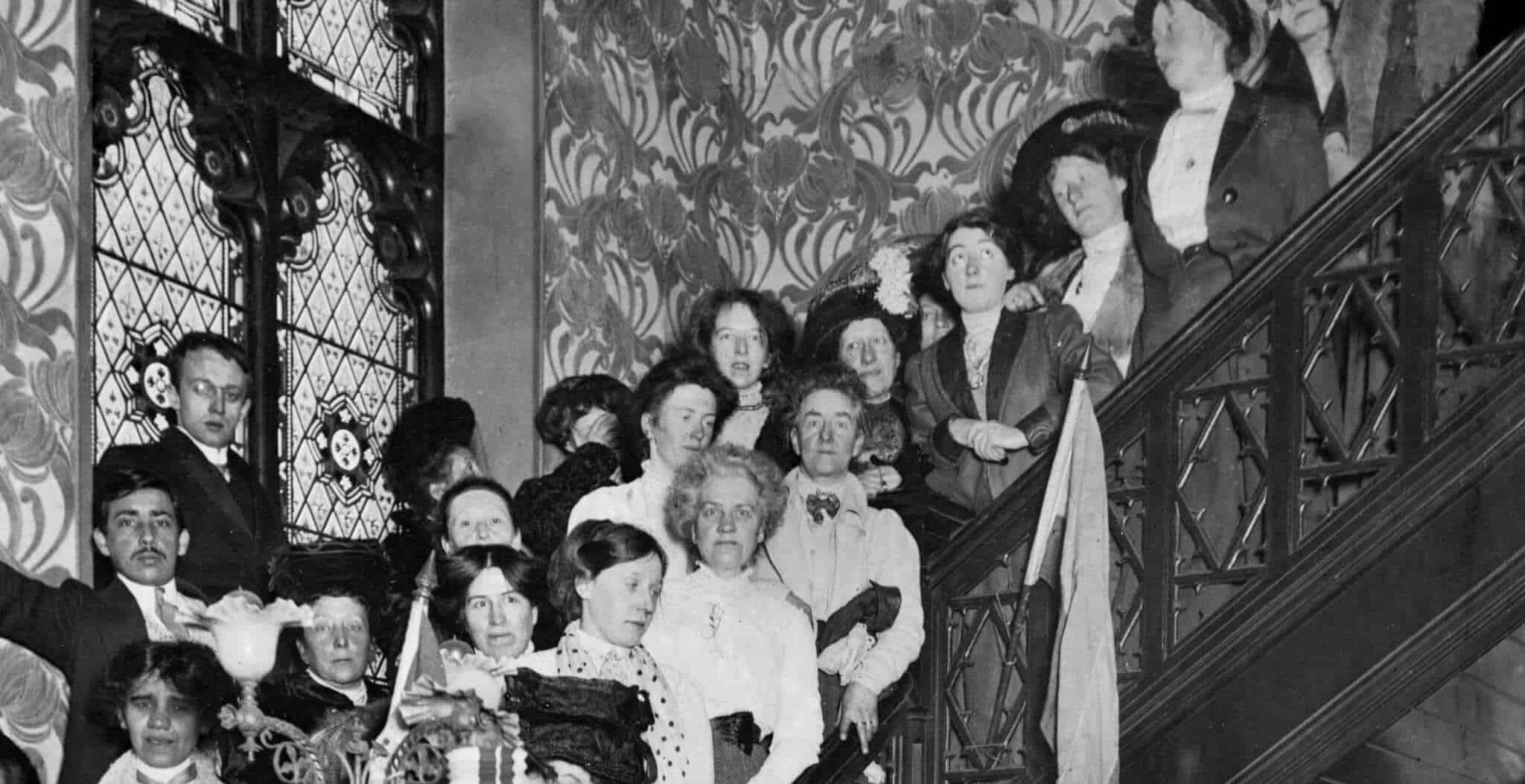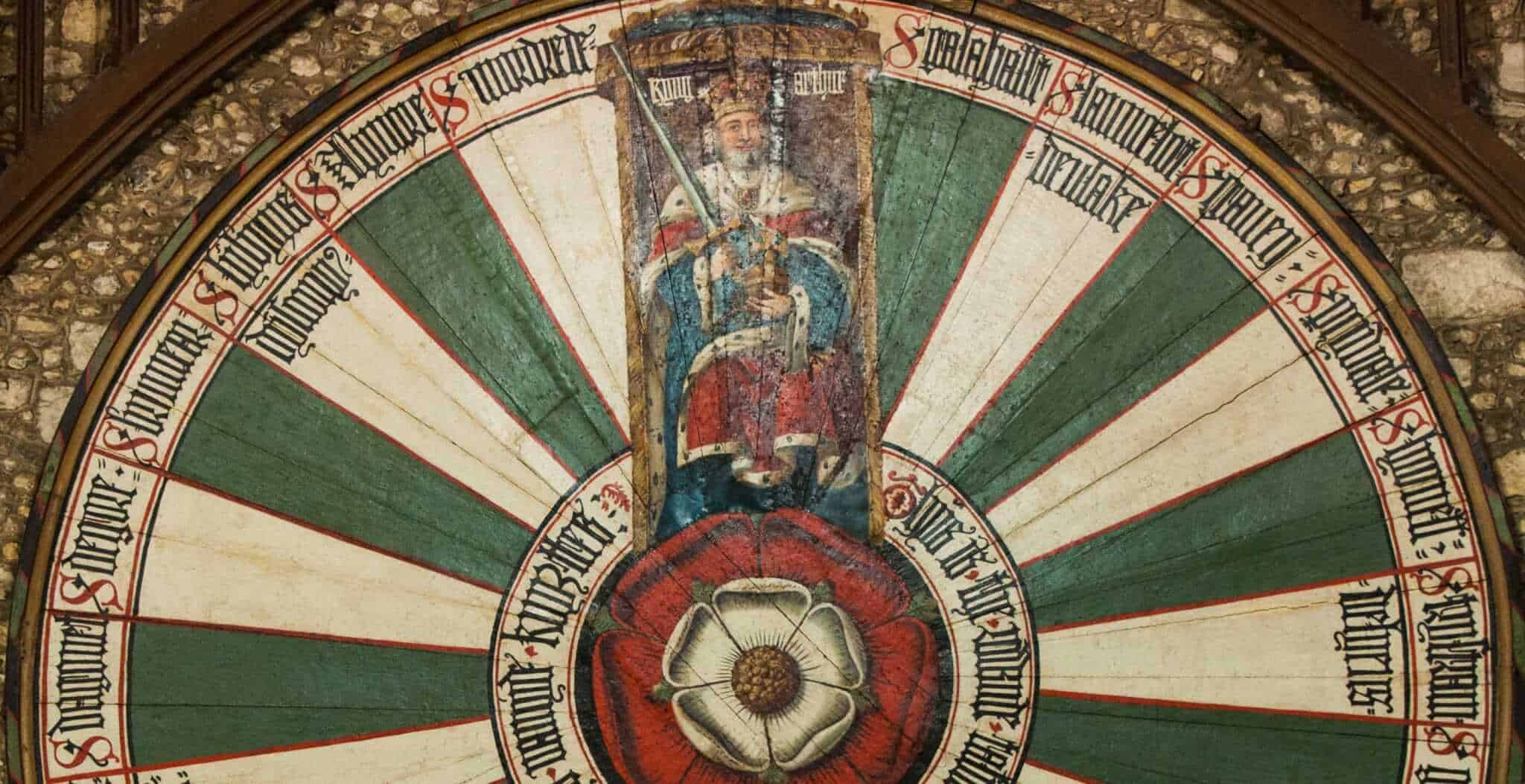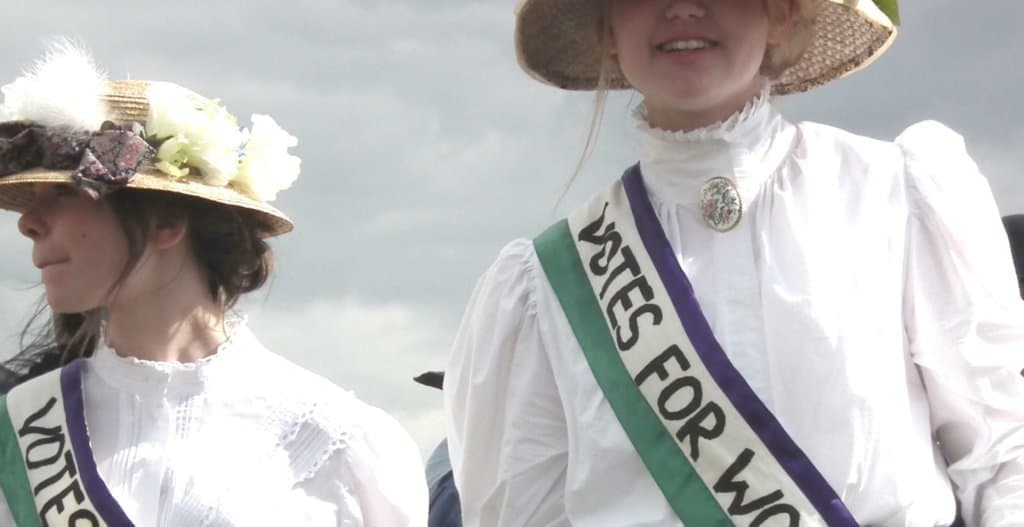‘I’ve got the key of the door, never been 21 before!’
So goes the old song, but why is a person’s 21st birthday so special?
The ‘key to the door’ signified the reaching of adulthood and the independence that brought with it. Of course it is not so significant these days, as the age of majority in the UK was revised down to 18 by the Family Law Reform Act of 1969. The Representation of the People Act of the same year similarly reduced the voting age from 21 to 18.
So now in the UK at the age of 18 you can legally purchase alcohol, buy cigarettes and tobacco, sign up to a credit card, vote in elections and have a tattoo. You can own land, apply for a passport and make a will. You can also get married without your parents’ permission or permission from a magistrate. In Scotland it is legal to get married at 16 without the need for parental consent.
It wasn’t always so. The Marriage Act of 1753 declared that anyone under the age of 21 needed the consent of their parents or guardians to marry; indeed clergymen would be liable to 14 years transportation should they be caught marrying underage couples.
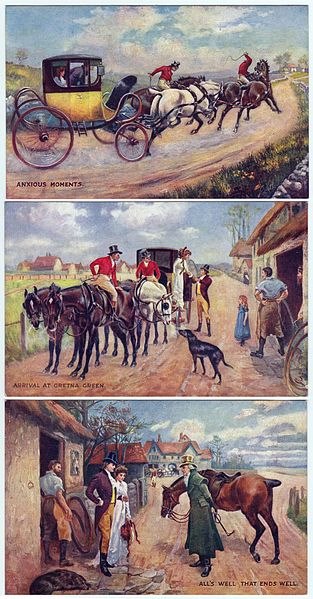
Many young couples without the required parental consent would flee north of the border into Scotland to get married, where the Act did not apply. This was usually just over the border at Gretna Green.
So when did 21 become the age of majority?
If we look back to Anglo-Saxon times a child was considered to have reached majority when he turned 11, which was later increased to 12. In Norman times this was extended to the 16th birthday for all except those training to be a knight for whom the age was 21.
There were three stages to becoming a knight. At 7 years old a boy would become a page in the charge of a knight, effectively a servant whilst learning from the knight.
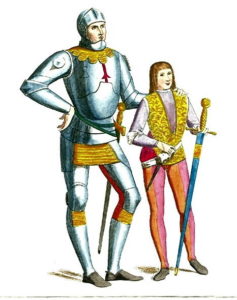 Medieval knight and squire
Medieval knight and squire
At 14 he would become a squire and look after the knight’s armour and weapons and saddle the knight’s horse. Often acting as a flag bearer, the page would be expected to accompany his knight into battle and would also be expected to bury his master should he be killed.
At 21 a successful page would be dubbed a knight in his own right.
For those not following a chivalric life, when a child was considered to be an adult often depended on his abilities and mature attitude. For example an apprentice would live in the master’s house and be treated as a child until he had completed his apprenticeship. Then he would be considered an adult as he was economically independent, regardless of age.
In the past orphaned children of the upper classes were often taken into the care of other relatives or friends of the family, as a ward. In such cases the guardian would usually be in charge of administrating the child’s estate until he or she came of age at 21. The guardian would act ‘in loco parentis’. This system came under the remit of the Court of Chancery.
Over time, the age of majority at 21 became established for everyone, not just knights. However this did not always coincide with other rights; for example, Nancy Astor became an MP while many women were still unable to vote in an election! Women over 21 years of age were allowed to stand as parliamentary candidates from 1918, but only women over 30 who met a property qualification could actually vote. All women over 21 didn’t get the vote till Equal Franchise Act of 1928.
Despite the fact that the age of majority is now set at 18, the tradition of the 21st birthday as a major celebration still continues (along with a big party at 18 as well, of course!).
Published: February 4, 2021.
